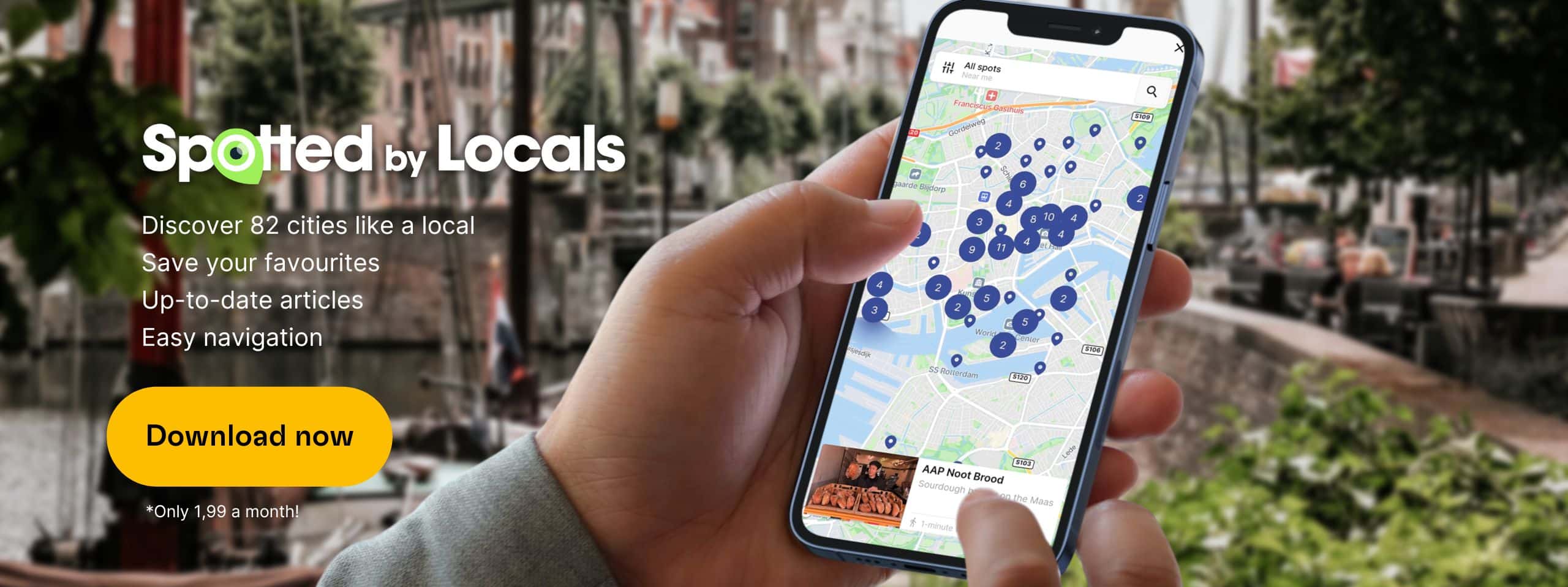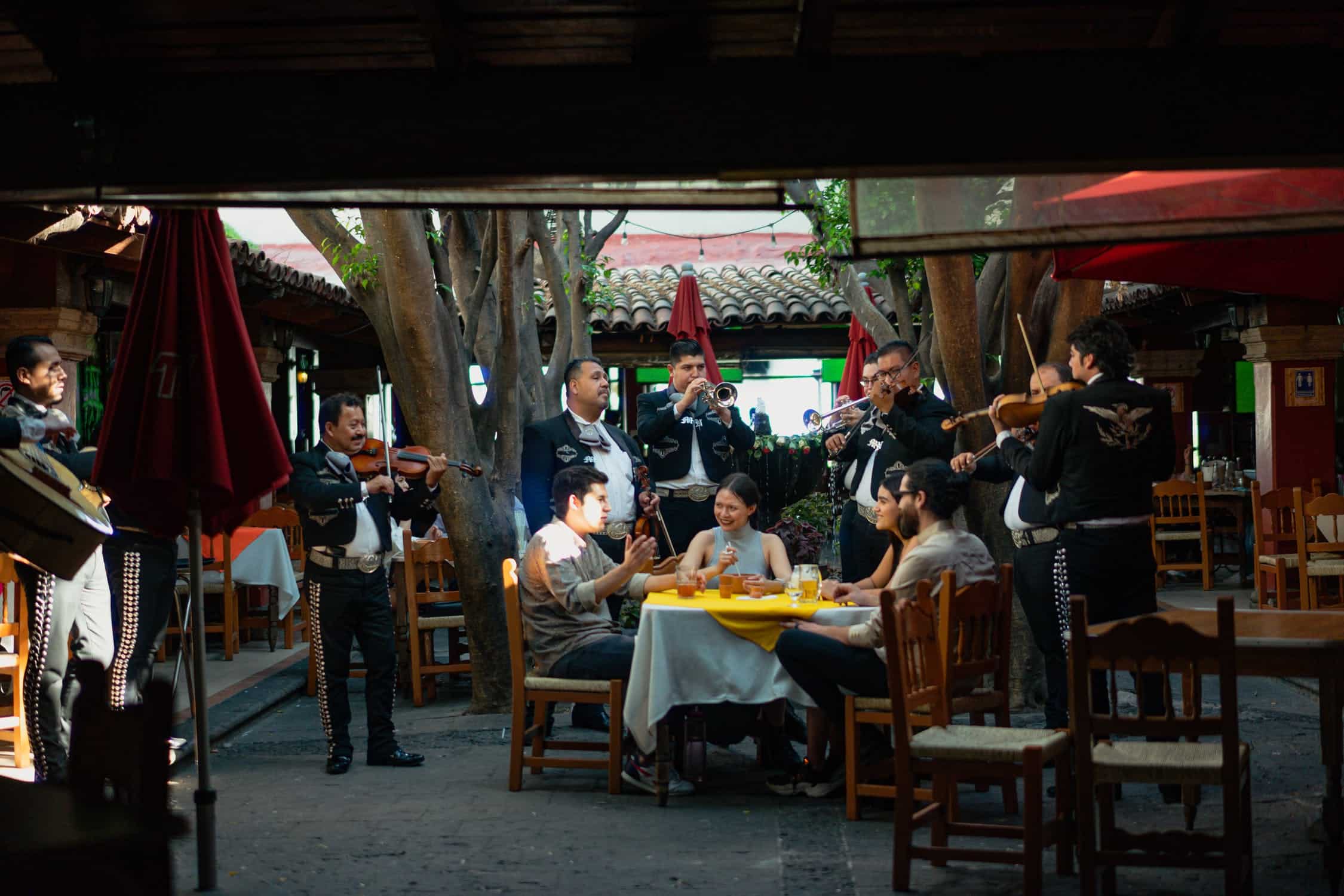
One of the buzzwords you hear a lot in the travel industry in the last few years is “authentic experience”. But what are authentic experiences? Why do we want them? And are they really that amazing? In this article, we’ll delve into this matter…
People want experiences
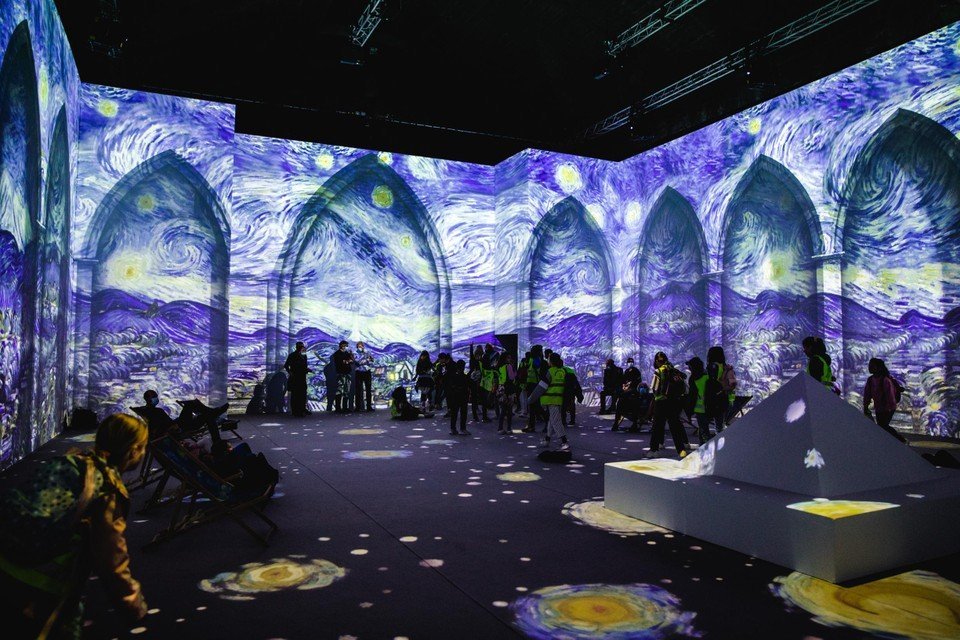
The term “experience economy” has first been coined in 1998 as the next level of economy we’ll be entering after the “agrarian economy”, “industrial economy”, and “service economy” we have been through (Pine & Gilmore, 1998)
Millennials are the main target audience: According to an Eventbrite study, “more than 3 in 4 millennials (78%) would choose to spend money on a desirable experience or event over buying something desirable, and 55% of millennials say they’re spending more on events and live experiences than ever before.”
They are willing to spend a lot, but why? The same study found that the main motivators are FOMO (fear of missing out) and self-development.
Millennials want to do what they see on social media and feel pressured to do the same.
But they also see it as an important part of their self-development journey.
The difference between visiting and experiencing
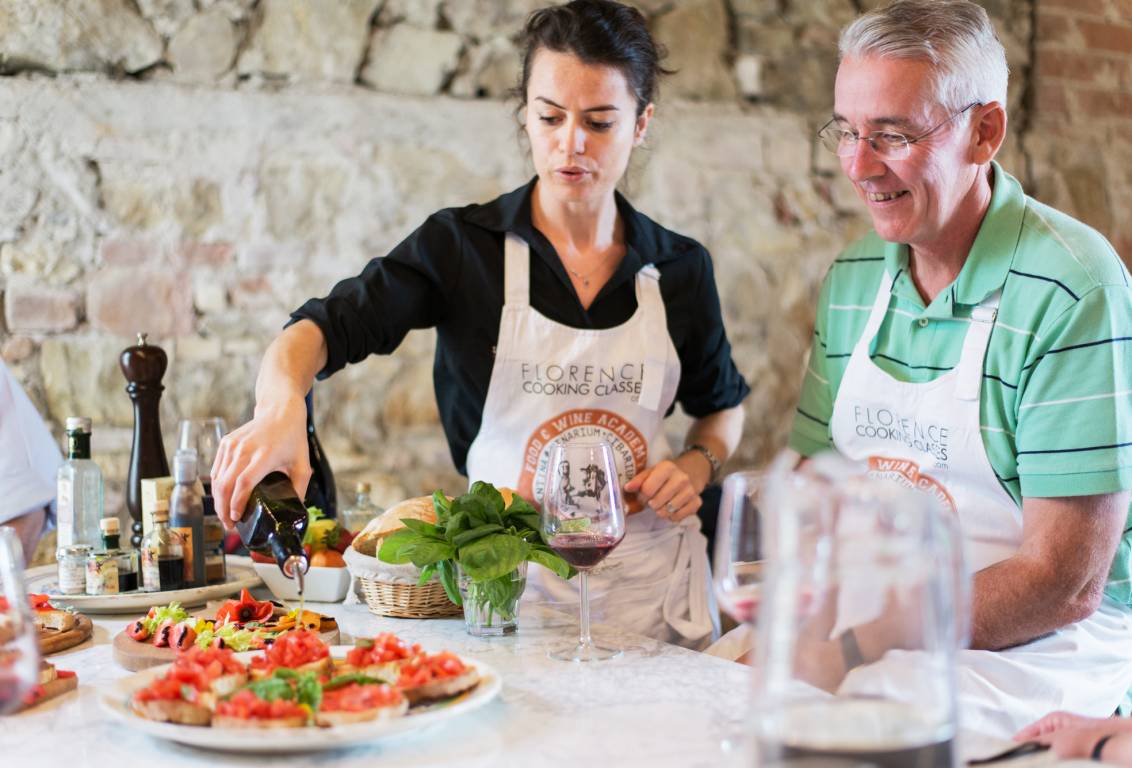
You could say that traveling is already an experience in itself. However, there is a distinct difference between visiting a country and truly experiencing its culture. Travelers increasingly want to experience a unique, authentic, local, and immersive journey. This living like a local study showed that travelers increasingly demand authentic, experiential-oriented opportunities involving more meaningful interactions with locals.
Authentic experiences tend to be more memorable too. How memorable a trip is can be measured with an MTE test. The seven factors within MTES are hedonism, novelty, local culture, refreshment, meaningfulness, involvement, and knowledge. 24 items represent the factors; for example, local culture comprises three items (good impressions about the local people; closely experiencing the local culture, and local people in the destination were friendly).
But is it all real?
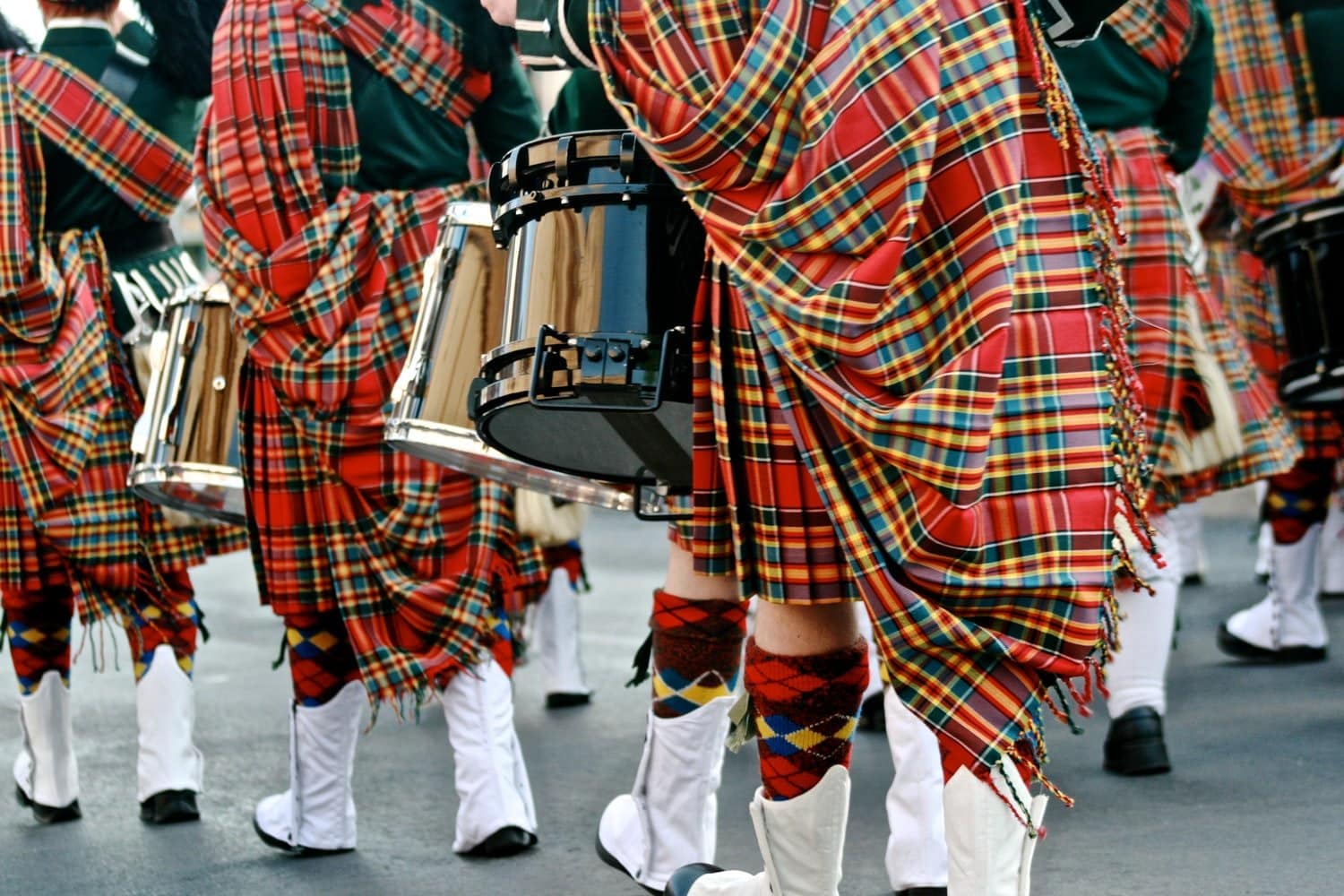
The idea of connecting with locals and truly experiencing local culture seems fantastic. But it may not be that simple. The Trip Doctor starts its great article about authentic travel experiences by describing a very travel experience that sounds very authentic, but also very uncomfortable. He asks “Do we really want an authentic travel experience?”
The Trip Doctor divides travellers into three categories:
- Those who want to authentically experience what people living in a destination see and do in their everyday lives, including food, culture, language, etc.
- Those who want to experience an authentic representation of the food, language, culture, etc. of a destination, created within the tourist bubble.
- Those who want to experience what they think the food, culture, language, etc. of a destination are like.
The article explains further that while most tourists think they fall into category 1, they actually fall into the second or the third. This is interesting as that means that most tourists don’t actually experience real local travel, they only think they do. But why is that?
We look for what does not exist.
The problem is is that we often have our own picture about the culture of a destination, and that’s what we’re going to look for. This picture is subjective and based on our personal perceptions, previous exposure to the culture (be it a movie or a friend from the place), and expectations. It almost never captures the whole picture.
Social media also plays a big role here. Social media is one of our biggest inspirations when it comes to choosing a destination. However, the way a destination is presented online is an idealized picture that does not exist in real life. Which sets our expectations wrong.
You can’t create authenticity.
“Not false or copied: Genuine and original, as opposed to being a fake or reproduction”
That’s the definition you’ll find in the dictionary when you look up authentic. An authentic experience is unique, can not be reproduced or staged. This is where the problems with fake authenticity begin.
Is a Scot wearing a kilt authentic? Or the Maori village in New Zealand who perform dance shows for tourist every night? And what about the painters in Montmartre in Paris? Some may class this as authentic, others may not. What we can’t deny here is that these experiences do not accurately represent the local culture. They are something from the past, not something that you would see a local do today.
Do we lose authenticity by looking for it?
So here’s where it gets really complicated, and uncomfortable. If locals perform their traditions for tourists, are they still authentic? Tourism has become a product, and authentic experiences also have become products. Heritage commodification is the process by which cultural themes and expressions come to be evaluated primarily in terms of their exchange value, specifically within the context of cultural tourism (Chambers 2005). These cultural expressions and aspects of heritage become “cultural goods”; transformed into commodities that can be bought, sold, and profited from. And as in all markets, these “goods” get adapted to what sells better.
So what now?
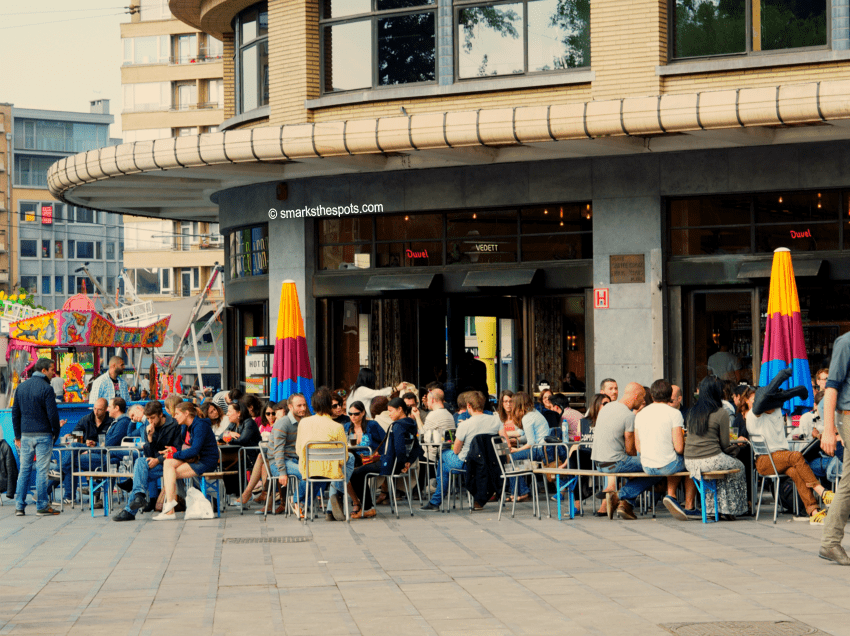
So is wanting an authentic experience wrong? No not at all! But you should be aware of the theatre that is the tourism industry. If you want a real experience step out of it. Many tourism destinations have developed front-stage and backstage areas that serve similar purposes as those in a theater.
The front-stage is typically the area either formally or informally designated for tourism activities, which is often tied to a specific location in the city, for example, La Rambla in Barcelona.
If you step out of those zones you’ll have a widely different experience, the local one. That’s where you just go with the recommendations of the locals. Striking up a conversation at a local bar or testing out the restaurant the locals rave about, seeing a movie in the local theatre, or having a taste of the current cultural scene. That of course, is what we recommend you to do at Spotted by Locals
